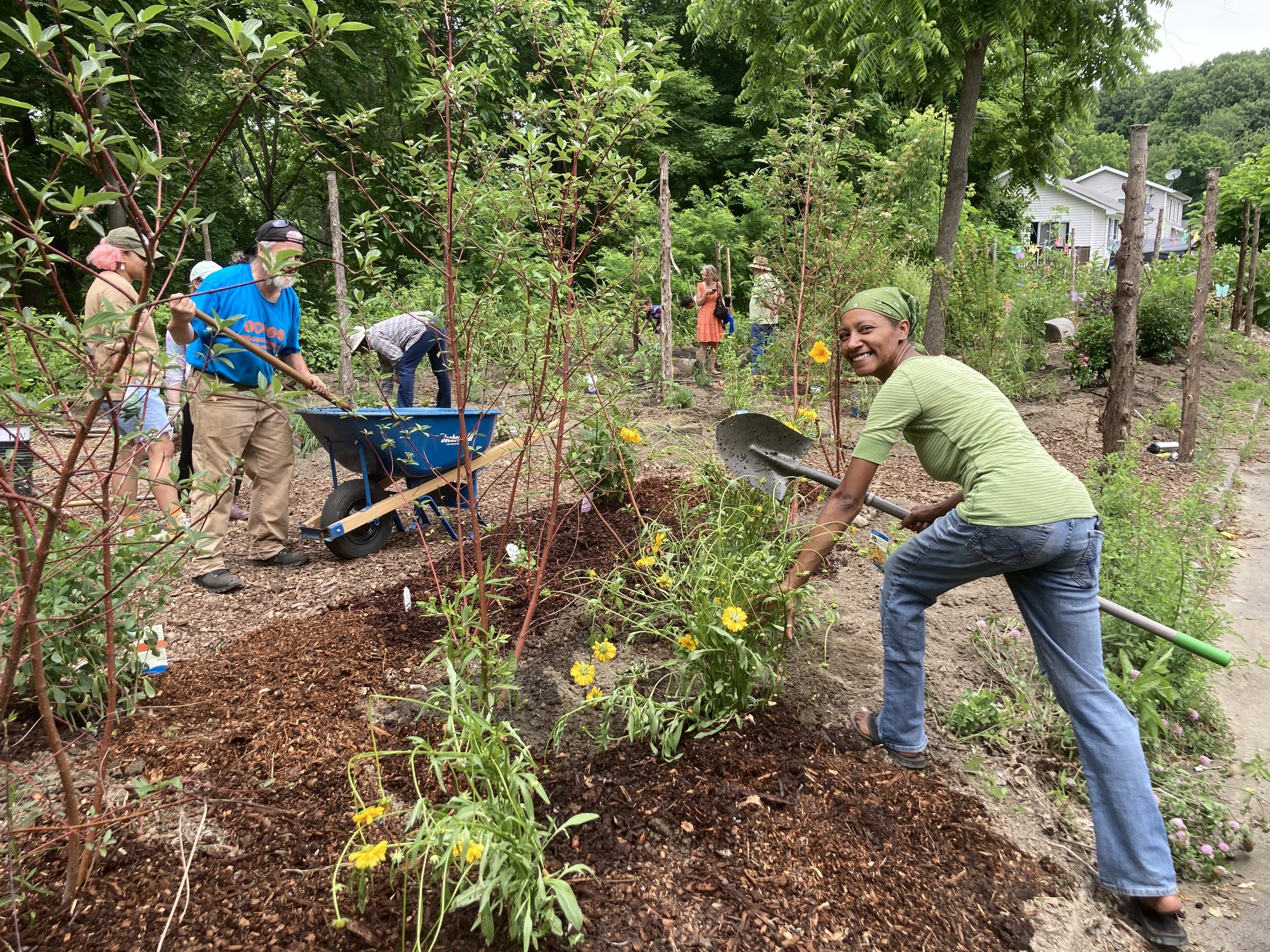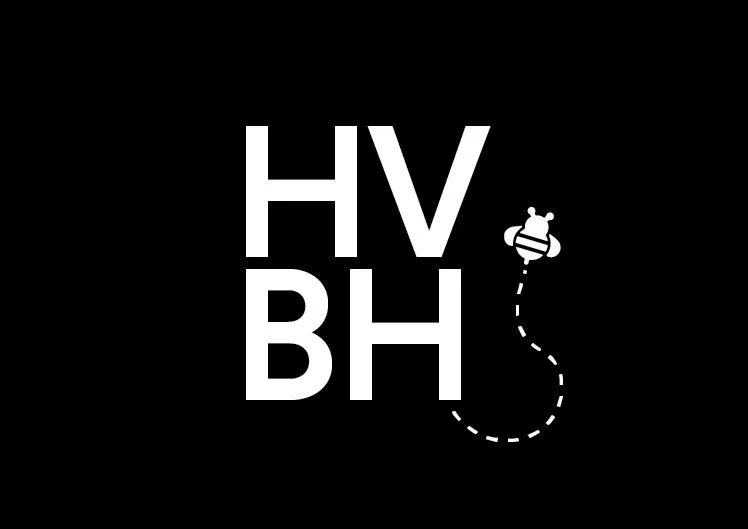
Bee the Change

Bee the Change !
Your contribution helps us create more pollinator habitats and offer educational programs.
Give bees a chance !
Here are several simple ways you can help the pollinators today.
Provide Healthy and Diverse Food for Pollinators!
Just like us, pollinators like to eat everyday. Plant flowers, fruits, and vegetables with varying, overlapping bloom times so pollinators have nectar and pollen spring through fall. Choose native plants to your area and plant them in bunches so pollinators don’t have to travel far. and avoid plants with pesticides (commonly known as neonics) genetically engineered into the plant. Pesticides impair the pollinators' neurological and immune systems- eeew.
Love the ‘Weeds’!
So called ‘weeds’, like dandelions, chicory, and clover, provide bees and other pollinators nectar spring through fall. Rather than spraying your lawn with chemicals, help these important pollinator food sources thrive. Fun Fact #1: every part of the dandelion is edible and has many health benefits for humans. Fun Fact #2: In French, dandelion means ‘tooth of the lion’, take a close look at the dandelion’s leaves to find out why.
Provide Bee Habitats!
Well, we know just the place to get beautiful bee habitats. You can hang up one of our bee habitats for 30% of cavity nesting solitary bees. Solitary bees are hyper-local, super efficient pollinators that only travel about 250 yards from their nesting spot. Put a habitat in your yard or garden to help bees and your plants thrive. The habitats contain tubes of different sizes so solitary bees of all kinds (mason, leafcutter, and sweat) have a safe and dry place to lay eggs. For the other 70% of ground nesting bees, such as mining bees, provide undisturbed soil and a water source.











